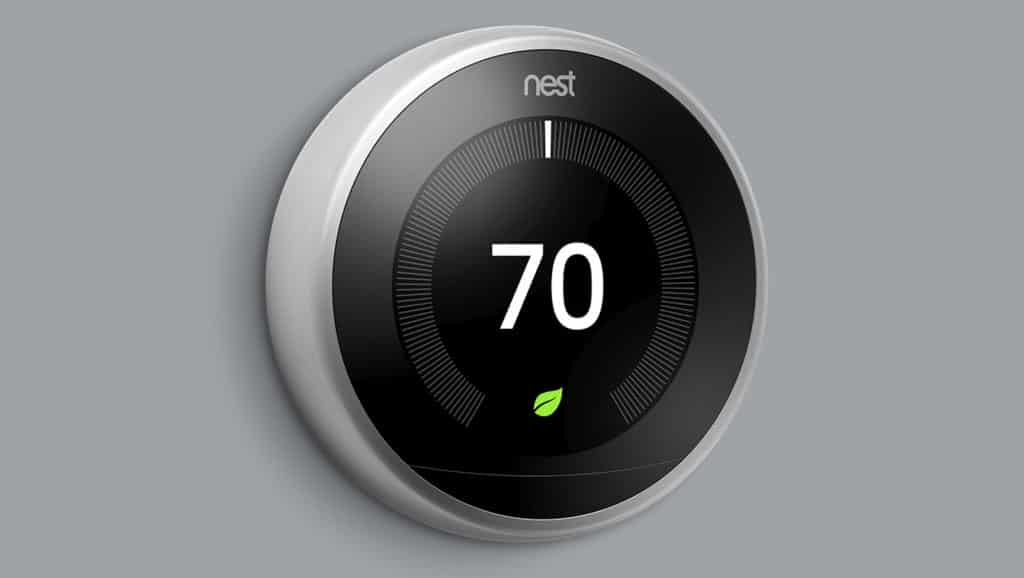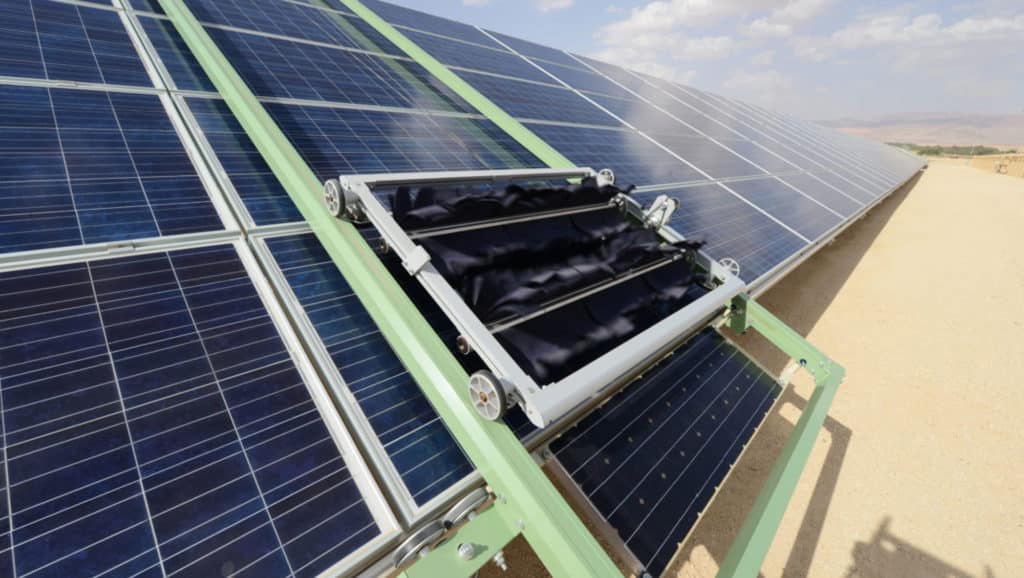It is almost impossible to count the material benefit that renewable energy sources can give to the environment. Nevertheless, it is more than real to calculate all the tangible advantages that solar panel installation brings to its consumers. Sooner or later, people worldwide will comprehend all the pros that this transition brings to their lifestyle. Although more and more people switch to solar energy consumption, there is still a vast majority of citizens who are not fond of changes and prefer to live the same lifestyle. These are usually elderly people who are not very keen on changes and have a skeptical approach to all that is new. These people usually lack the confidence and external influence to make a step. All they need is someone to push them towards the solar benefits.

“S” Is For Solar
Nevada Solar Group has prepared an ideal option for people who will go solar during May 1-9. All the customers who will purchase a solar panel kit during this period will receive a gift, a Nest Thermostat, as a supplement. This smart system is intended for house cooling and heating. It serves as an excellent addition to the overall photovoltaic system, especially for people who prefer extra comfort and reliability. The small device receives and assembles data during the first few weeks about the temperature privileges of the house owner. For instance, if the house owner is out for the whole day and the temperature doesn’t need to be changed, or the house owner returns home in the evening and turns on the cooling system. As a result of several regular patterns registered by the device, it starts acting based on the current condition. The market price for an average Nest Thermostat is approximately $250.00, and a solar panel cost ranges somewhat between $15,000 to $25,000. The price variation depends on several factors, including system size and power requirements, PV module type, system connectivity type, efficiency, brand, and others. On Mother’s Day occasion, the customers have the opportunity to get this smart thermo-regulator for free. What else can be more attractive than a gift within a gift? Your parents will receive a gift in the form of a photovoltaic system, plus another gift – a Nest Smart Thermostat.

Advantages That All Should Know
A PV system is an exceptionally unique gift with all the benefits it can provide. The most significant impact that this renewable energy consumption can provide is on budget. The house owner consumes 100 percent eco-friendly energy for free. It may sound unbelievable, but it is true. The only significant payment that a customer is charged for is the initial solar panel price along with the required attributes. Once installed, the monthly energy bills reduce gradually, reaching zero in the end. Although the primary cost of the purchase is high, there are several financing options that customers can benefit from, such as leasing or a power purchase agreement. These options are especially suitable for people with lower income who can’t afford to make the total payment right away.
Due to power storage devices, it is now possible to have permanent solar energy despite the day and weather conditions. If the house is powered by solar, it also becomes independent from the local grid. Hence, no rolling blackouts or grid failures can result in a power-off condition in residence. Reliability is the second privilege of the solar panel kits.

Modern technologies ensure ultimate control in daily activities so that people don’t waste their time on meaningless actions. With innovative home solutions, one can come home late in the evening and enjoy free electricity in his safe place despite no sunshine availability. The power backup devices that store extra energy generated by the PV system during the daytime are available to supply the house with electricity as well as charge the electric vehicle during the night. So, while the house owner is resting, the EV gets charged, and the intelligent house devices work for him.
Another privilege worth mentioning is energy monitoring. Coming to the money and time waste the system monitoring plays an immense role. Since installing and maintaining a solar panel system is a tangible investment, one should make sure that it is justified. System monitoring will provide the consumers of solar with all the necessary data up to date. The information is available via smart home apps and can easily be modified based on one’s requirements. For people who value their time and budget system, remote control and monitoring are mandatory. They provide the opportunity to find out the exact time suitable for electrical devices’ utilization with a benefit to one’s wallet. Also, it is the easiest way to perform system diagnosis and fix the issue.
No Maintenance Is A Plus Too
As time shows, solar panels require minimum maintenance by the users. The only care a PV system needs is cleaning the photovoltaic modules once or twice a year. This can be done in two easy ways: by the new technology of robotic cleaning automatic mechanism or service delivery specialists. The first method is an innovative solution designed by Indian specialists for large PV plants and residential or commercial buildings. The robotic mechanism provides an express and permanent cleaning without a drop of water. It is smart and powered by individual mini panels as well. With no water and no electricity requirement, all one needs to do is to configure the device.

The second option is to refer to solar panel companies for service delivery since most of them provide PV module cleaning services for a particular payment. Although most of the panels come with a self-cleaning feature, tree leaves and debris must be cleaned individually to ensure high-efficiency system performance. Debris can become the reason for system performance decrease and result in roof humidity and decay.
Accept it or not, the future is for solar. It is time for each PV system consumer to gain the system’s benefits and become a solar ambassador to raise awareness among the others. With Nevada Solar Group, it will be most easy to do on Mother’s Day.
Author of a publication: Helen Kocharyan
